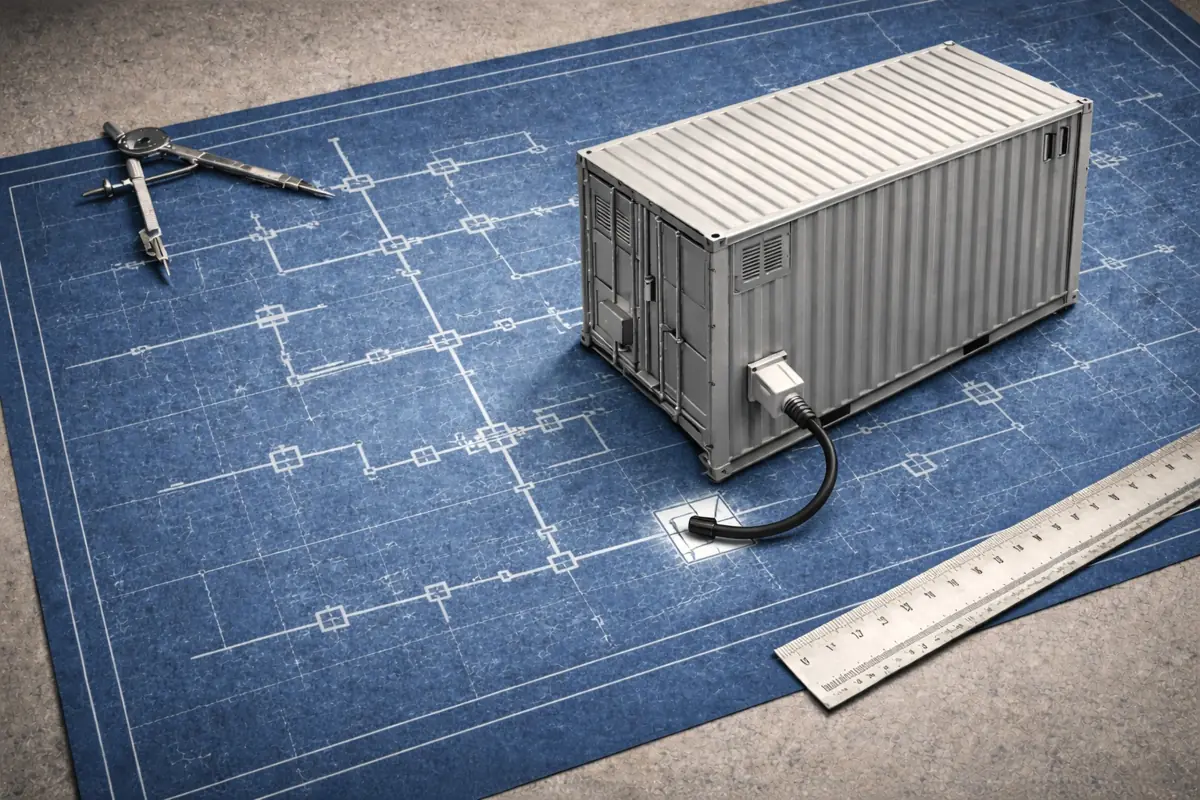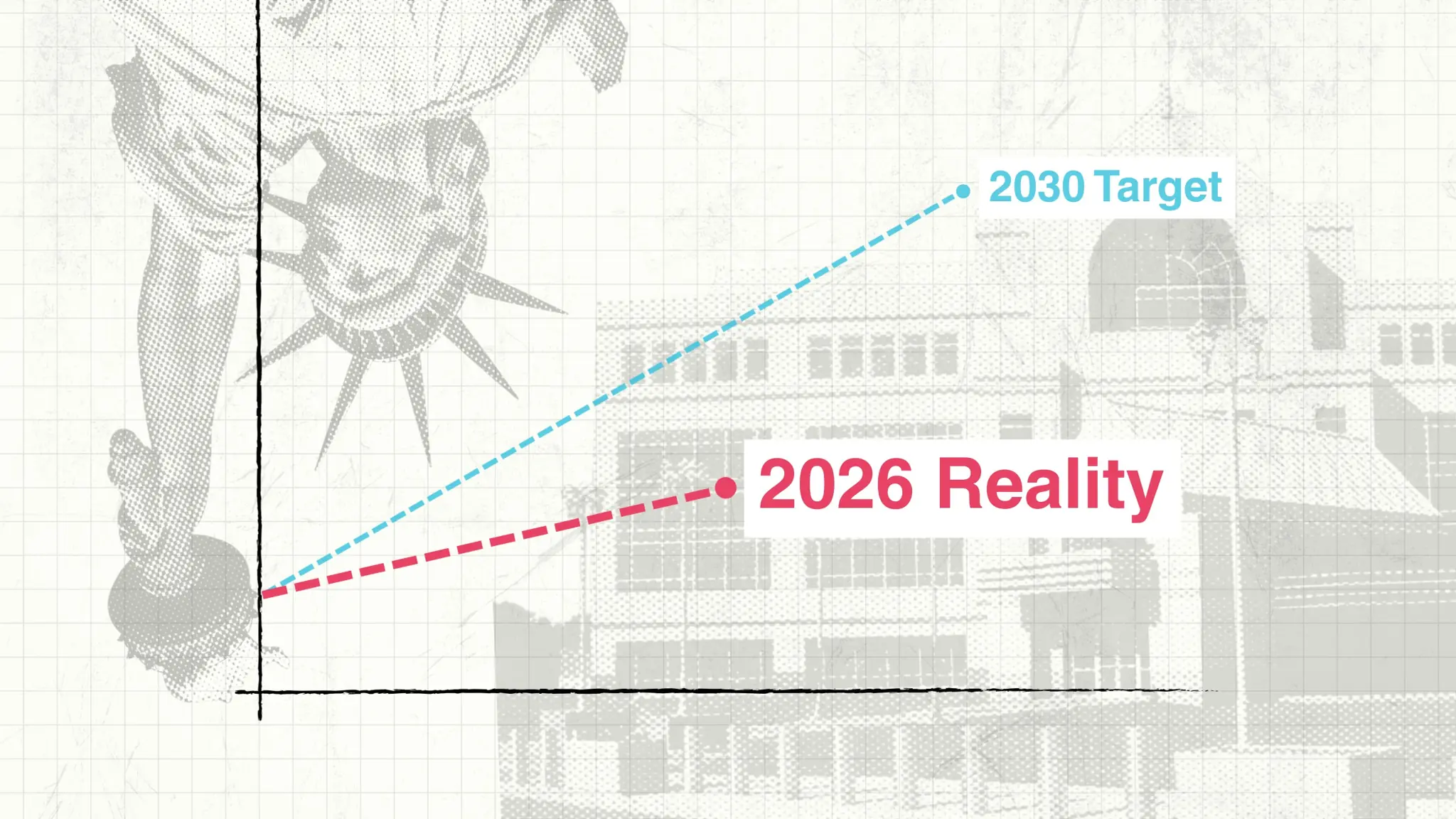18 December 2024
Batteries earn their highest single-day revenues in two years in 2024
Written by:
Batteries earn their highest single-day revenues in two years in 2024
Executive Summary
- On December 12th, battery revenues in Great Britain hit a two-year high, as wholesale power prices spiked to £496/MWh.
- Batteries earned 60% of their daily revenue from wholesale markets, exporting 5.5 GWh.
- Frequency response revenues surged, with Dynamic Containment Low clearing prices reaching £70/MW/h.
Subscribers to Modo Energy’s Research will also find out:
- How low wind generation and high peak demand drove up wholesale prices and battery earnings.
- Why interconnector capacity purchases at £3,400/MWh played a crucial role in stabilizing the grid during price spikes.
- How optimizers dynamically adjusted bids to capitalize on high wholesale trading opportunities.
To get full access to Modo Energy’s Research, book a call with a member of the team today.
Introduction
On December 12th, batteries in Great Britain achieved their highest single-day revenues in two years, earning £204k/MW/year. This milestone came after they recorded their third-highest single-day revenues of the year on December 11th, as wholesale power prices spiked on two consecutive days.
Get full access to Modo Energy Research
Already a subscriber?
Log in







